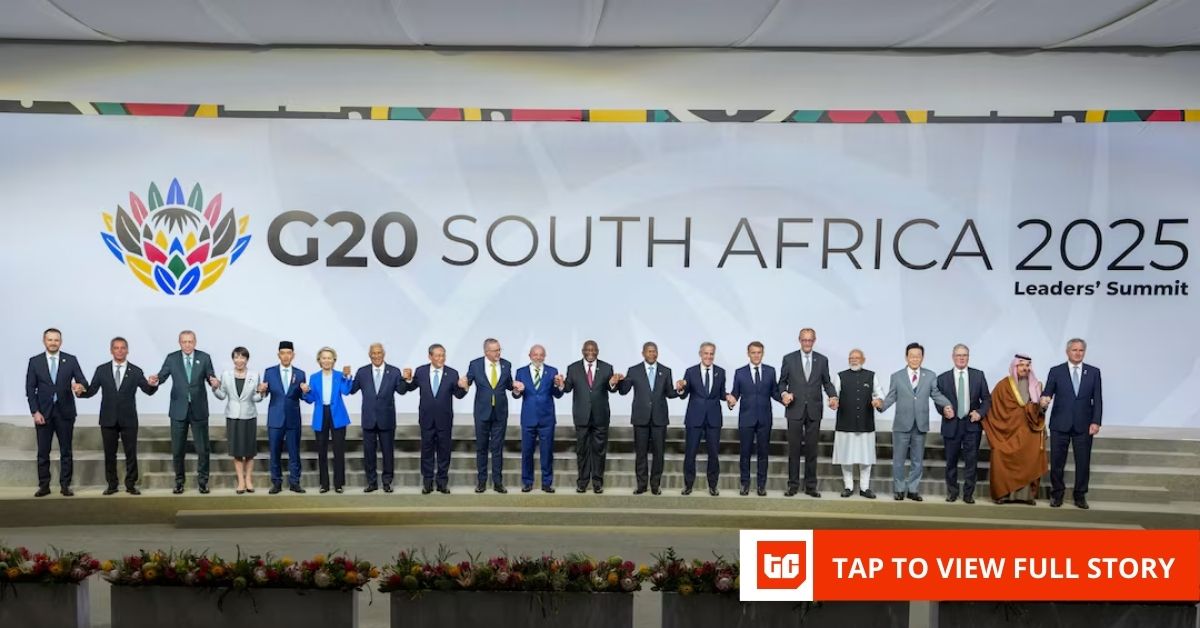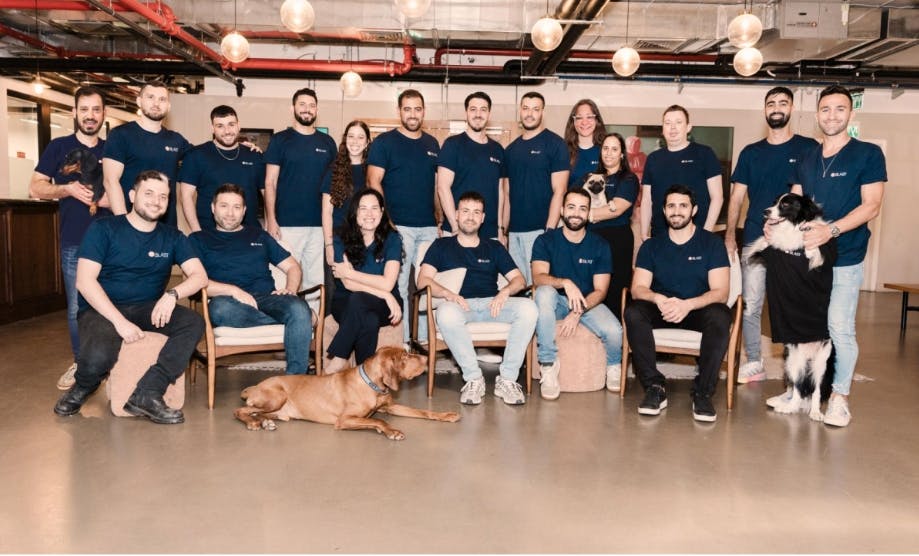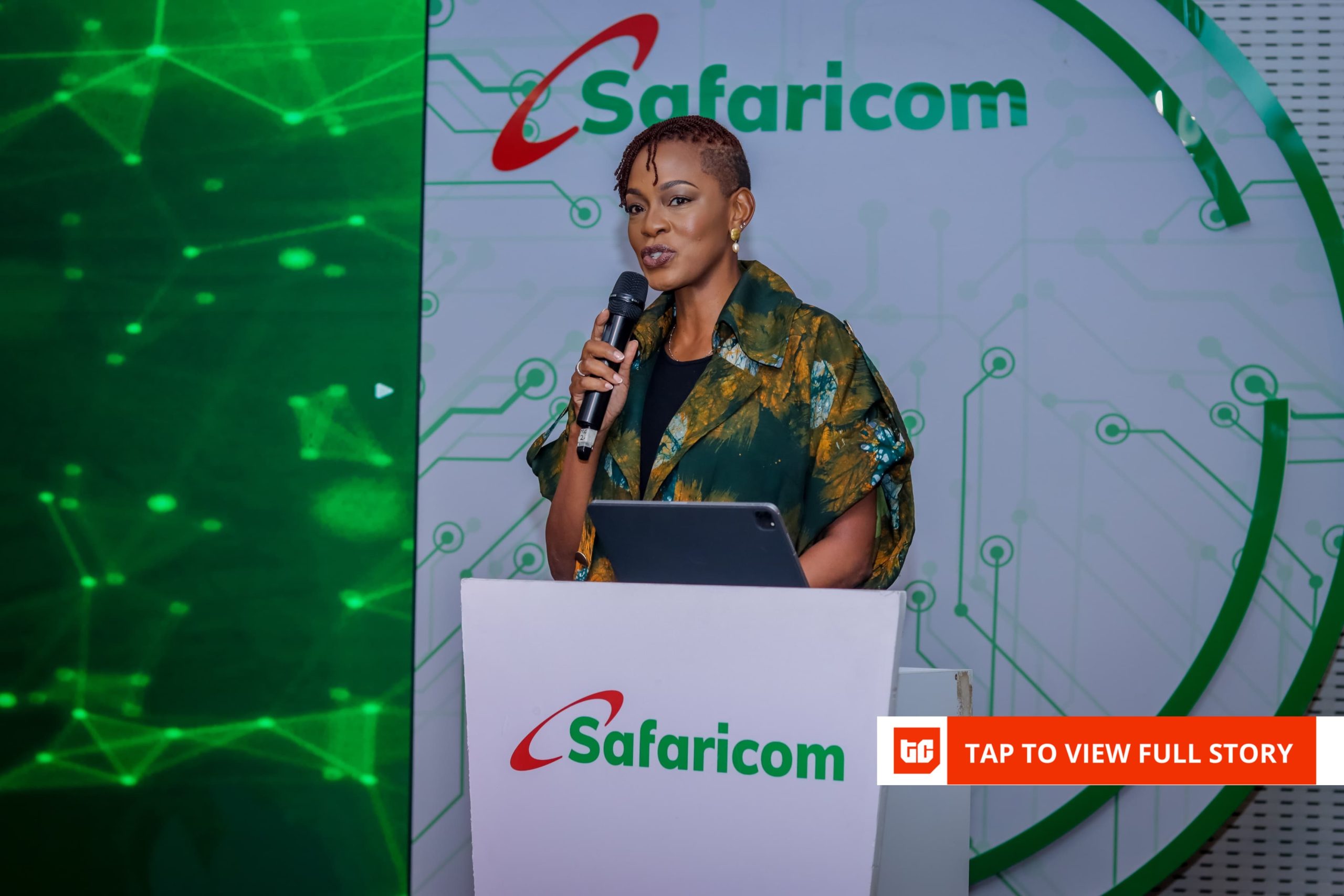On November 23, 2025, the Group of Twenty (G20), the world’s leading economies, concluded its summit in Johannesburg, marking the first time this major gathering was hosted on the African continent, under the theme “Solidarity, Equality, Sustainability.” What makes the summit significant is the stronger emphasis on Africa’s role in emerging technologies, data governance and global partnerships.
The declaration document launches initiatives such as the AI for Africa Initiative, a voluntary platform, under the Africa-G20 cooperation umbrella, encouraging access to computing power, training, representative datasets and infrastructure in African countries.
The declarations also show an emphasis on sovereign AI capabilities for Africa, alongside long-term partnerships and investment models designed to generate sustainable value on the continent. This starts to move beyond talk of “inclusion” to some frameworks of action and infrastructure.
Additionally, the declaration notes the establishment of the UNESCO-led Technology Policy Assistance Facility (TPAF) under the South African presidency, aimed at supporting countries in shaping AI policy by drawing on global experiences and research.
We are happy to have put at the centre stage the issues of AI and data sovereignty for Africa, focusing on AI for good,” William Baloi, the Deputy Government Spokesperson for South Africa, told .
The global context and G20 continuity
Globally, the state of AI and data governance is a rapidly evolving “patchwork” of diverse and often fragmented regulatory approaches, moving from soft-law principles toward legally binding frameworks in some regions.
The advent of generative AI has intensified the urgency for more robust and adaptive governance strategies to balance innovation with risk mitigation, privacy protection, and ethical concerns. The European Union, the U.S, China, the United Kingdom, and Canada are far ahead of Africa in technological advancement and innovation due to a combination of infrastructure, investment, talent, and supportive policy environments, which the continent is only catching up.
Read: Africa’s AI revolution has a multi-billion-dollar blind spot
In comparing the 2025 declaration with prior G20 statements on AI and data governance, for example, the G20 Rio de Janeiro Leaders’ Declaration 2024, there is both continuity and notable developments.
The 2025 declaration reaffirms the G20 AI Principles and recalls earlier declarations, such as their commitment to harness digital, emerging technologies, including AI as a tool for reducing inequality. It reiterates the core concerns that have dominated global tech-governance debates: transparency, fairness, accountability, human-rights protection, privacy, data protection, and appropriate human oversight. It confirms the role of multilateral organisations such as the United Nations in promoting international cooperation on AI.
Why the G20 matters in the tech space
The G20 brings together the world’s major and systemically important economies; its membership accounts for about 85% of global GDP, 75% of international trade, and two-thirds of the world’s population. In tech terms, that means decisions and declarations made under the G20 ambit can shape global norms, including for AI, data governance, cross-border flows, for infrastructure investment, and for regulatory convergence (or divergence).
John James Kirton, the director of G20 Research Group, noted that the world is racing toward stricter, legally enforceable AI rules, and Africa risks being left on the margins if it doesn’t accelerate its own frameworks.
“The G20 signals intent, but robust laws, data protection alignment, and accountable oversight will determine whether the continent safeguards its digital value or continues to export it for free,” he said.
Neville Matjie, CEO of Brand South Africa,, CEO of Brand South Africa, said Africa is growing in terms of tech and innovation, and the G20 declaration would create leverage for tech companies to start putting pressure on their governments to respond to the declaration.
The road ahead: What to watch
Now that the declarations are signed, the real work, worth watching, starts. The AI for Africa Initiative needs to prove it’s more than a diplomatic soundbite. For African tech players, the big questions are already on the table: Will the initiative attract real money? Who will run it? And how fast can it move from policy paper to tangible infrastructure that startups and researchers can actually use?
African governments will also need to show up. “If data sovereignty and homegrown AI capabilities are going to be more than promises, national policies, regulations, and public investment must shift in that direction. That means allocating budgets, upgrading digital infrastructure, and building regulatory muscle, not five years from now, but now,” said Kirton.
African founders know that innovation does not thrive on declarations; it thrives on access, funding, talent, compute, and customers.
“Tech does not go in isolation; it has to go with support for finance,” Matjie said.” “African governments have to commit towards ensuring that they support tech companies because we can’t always be the followers in terms of technology. “Tech is what will drive our economies in the future. And we can’t always rely on importing technology when we have the ability to actually generate our own innovation and technologies.”
In 2026, the G20 presidency returns to the United States. Will Africa still be at the centre of the tech agenda when the summit moves off the continent? Or will the momentum built in Johannesburg fade, unable to force its way into the global mainstream?
Recommended: The next decade of Africa’s tech evolution will be defined by locally relevant AI









